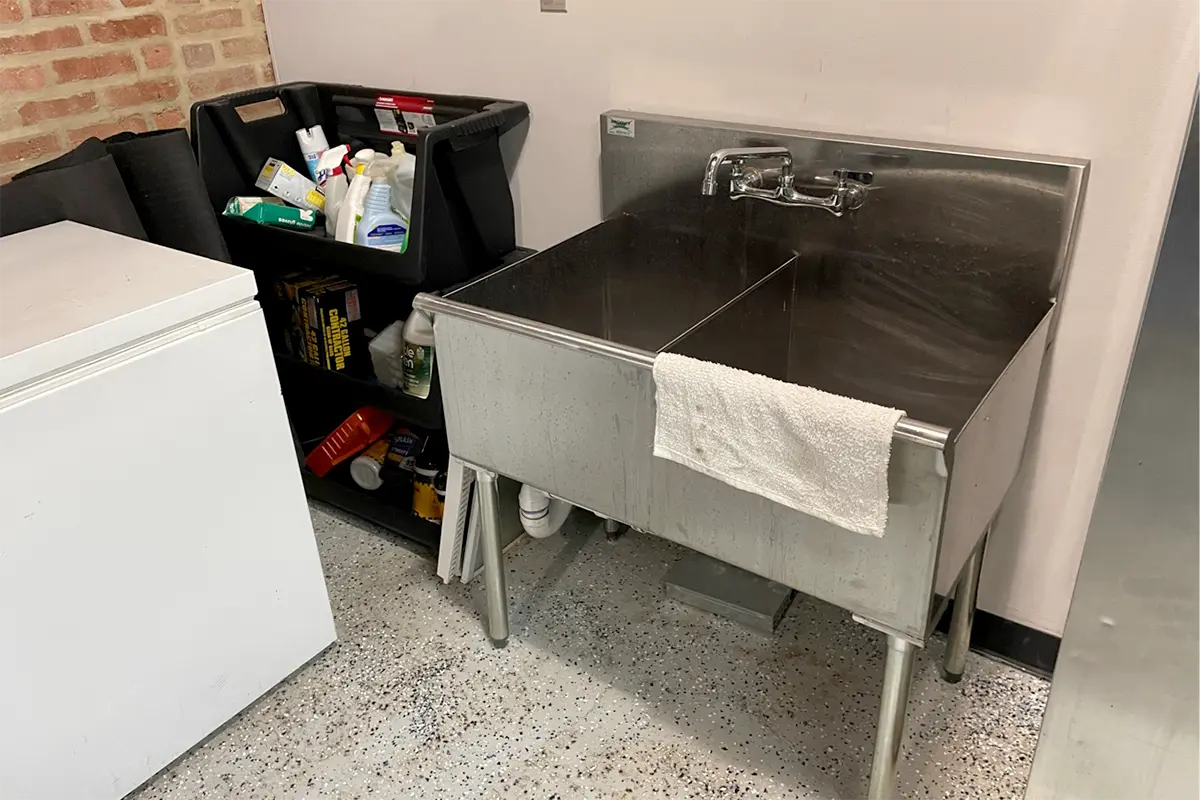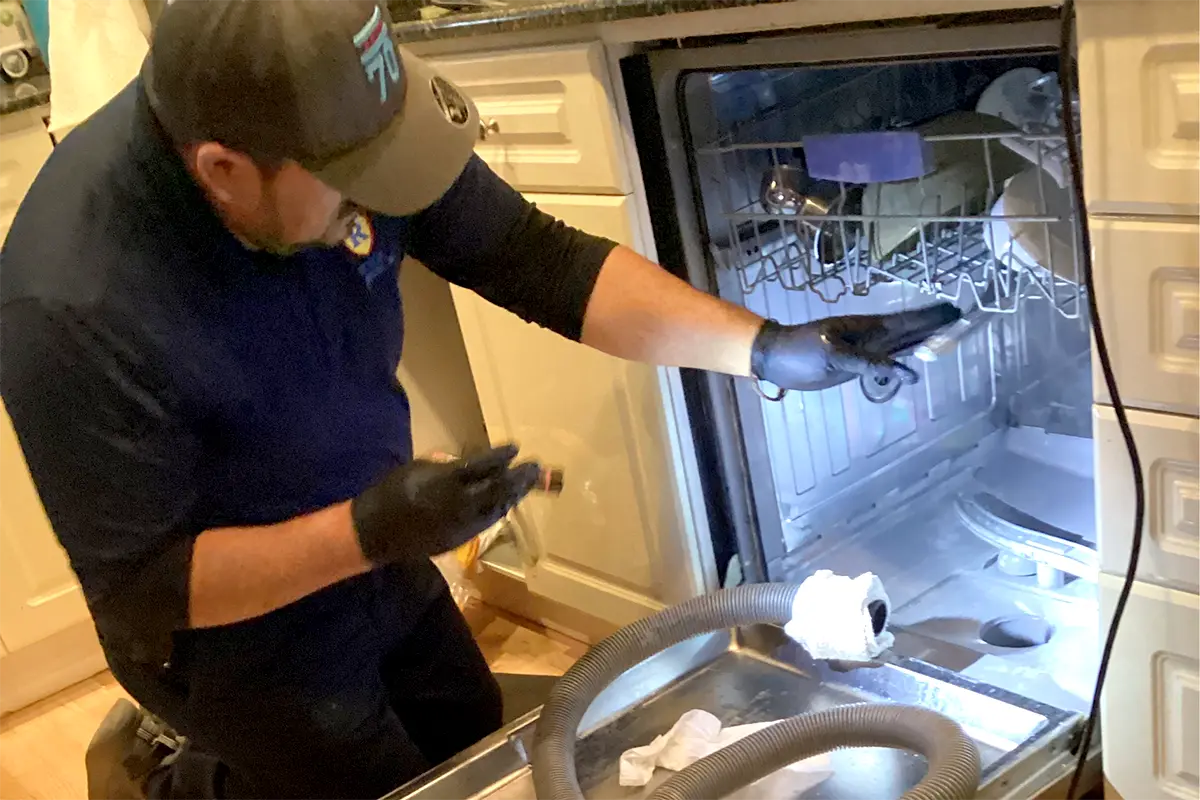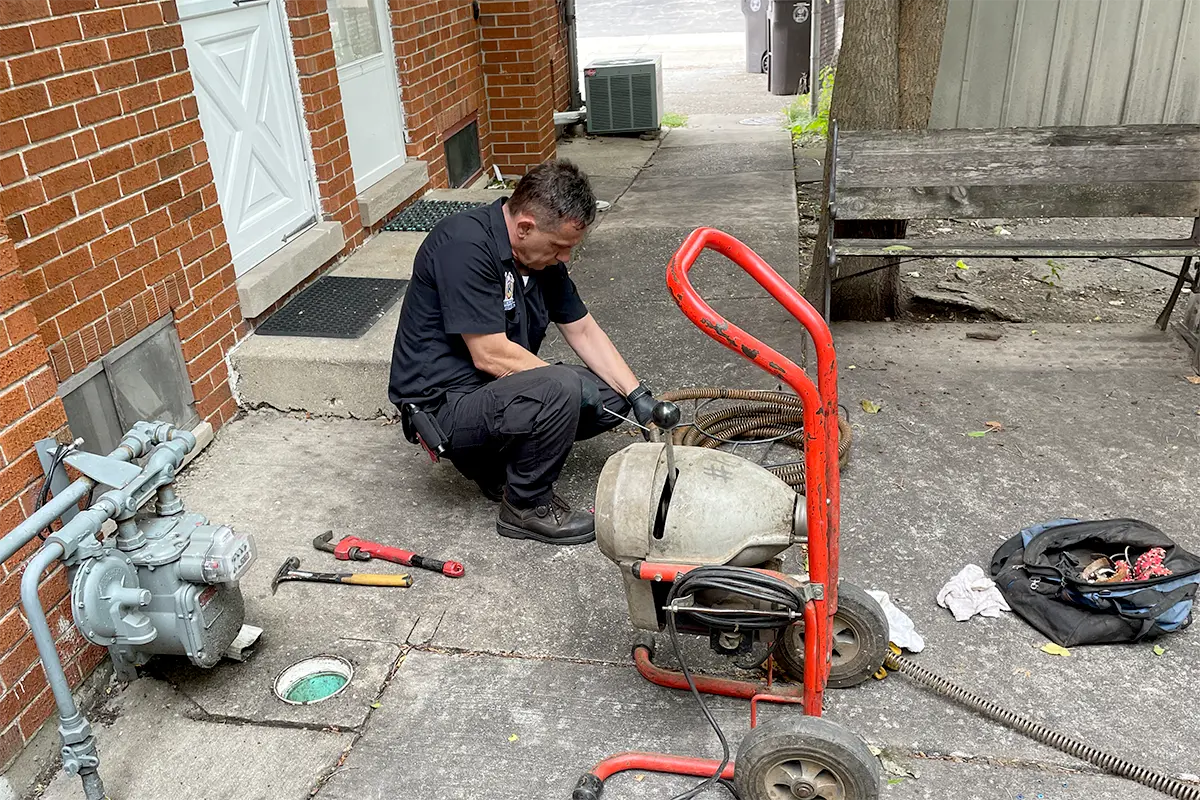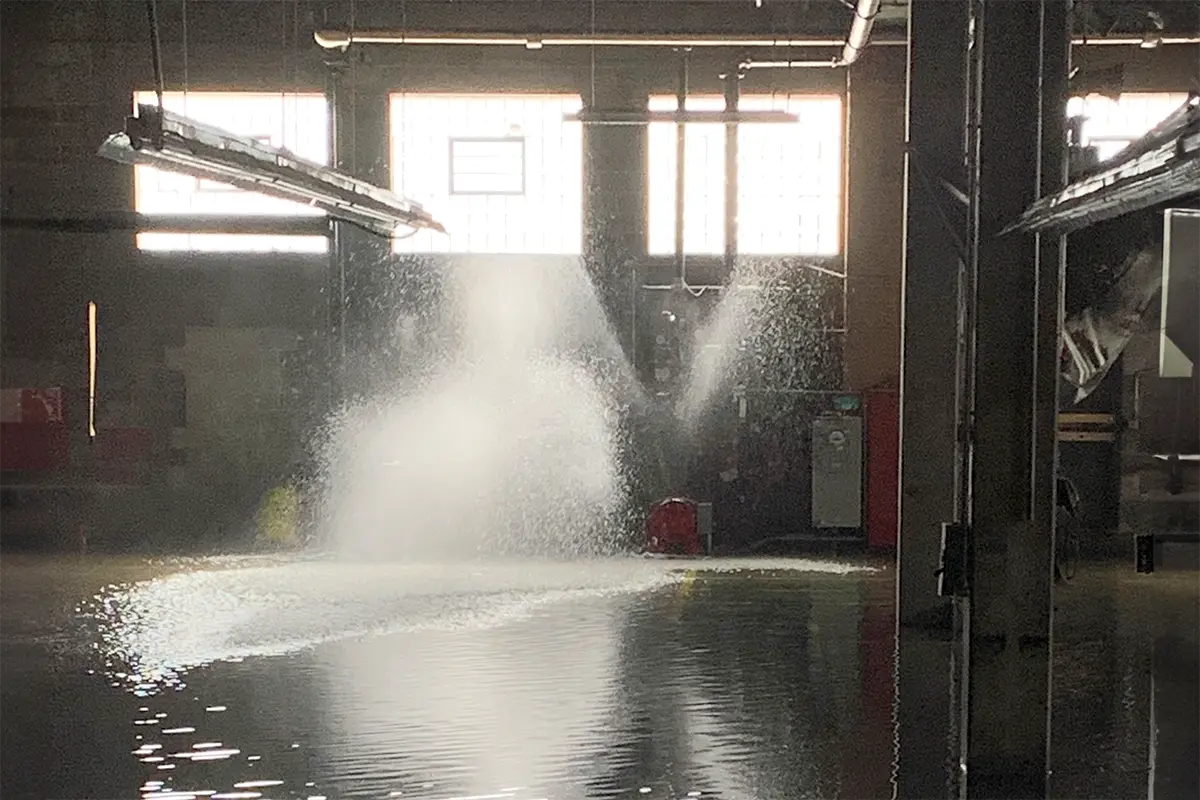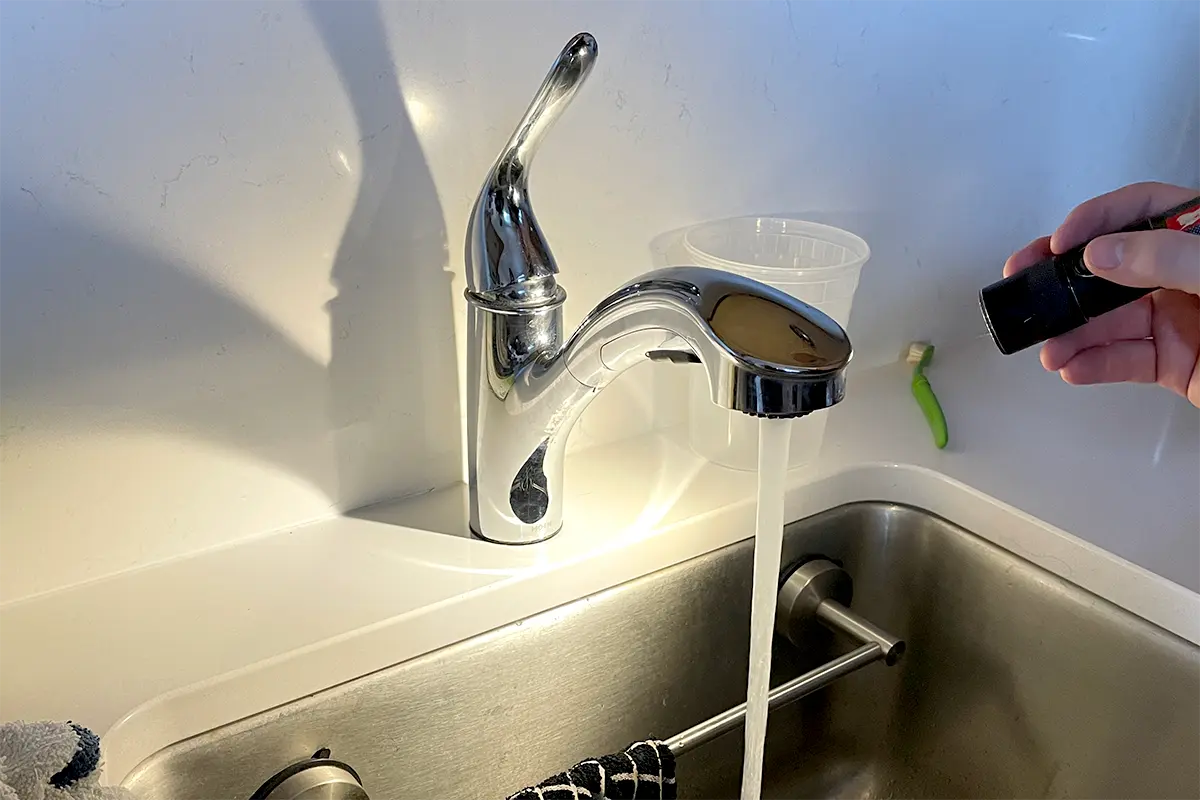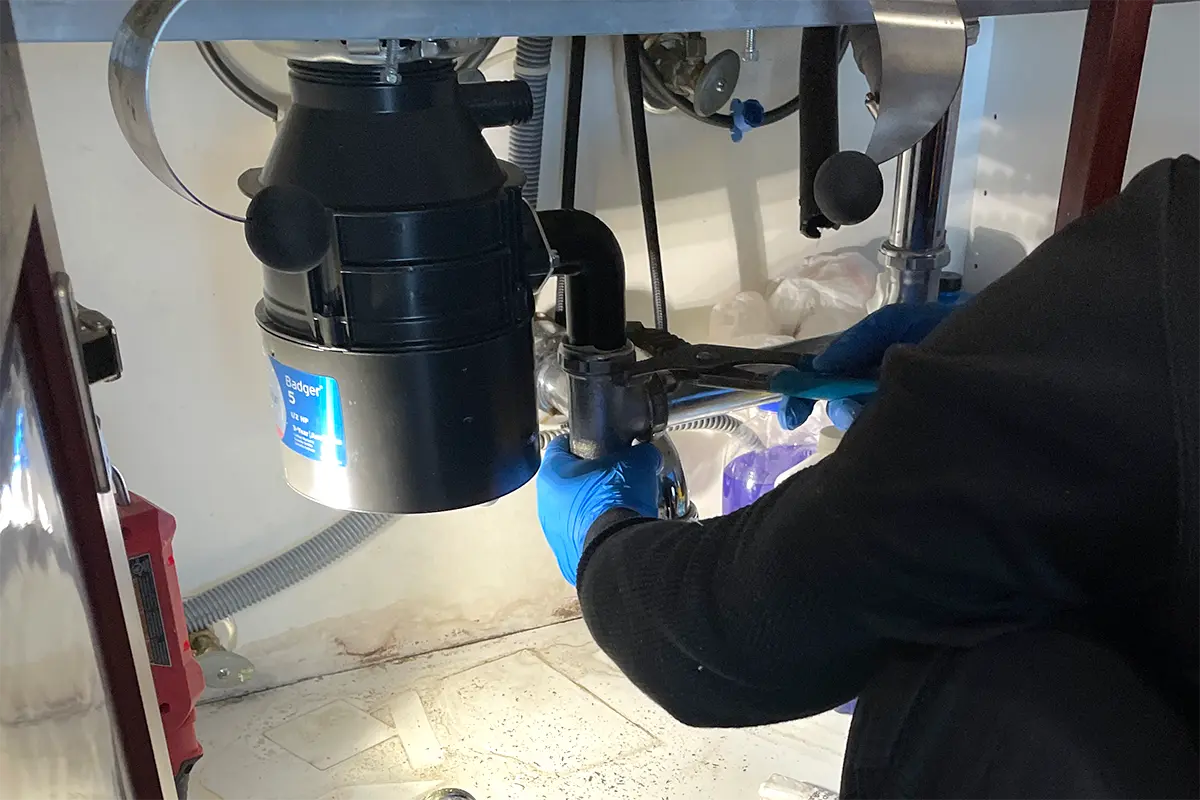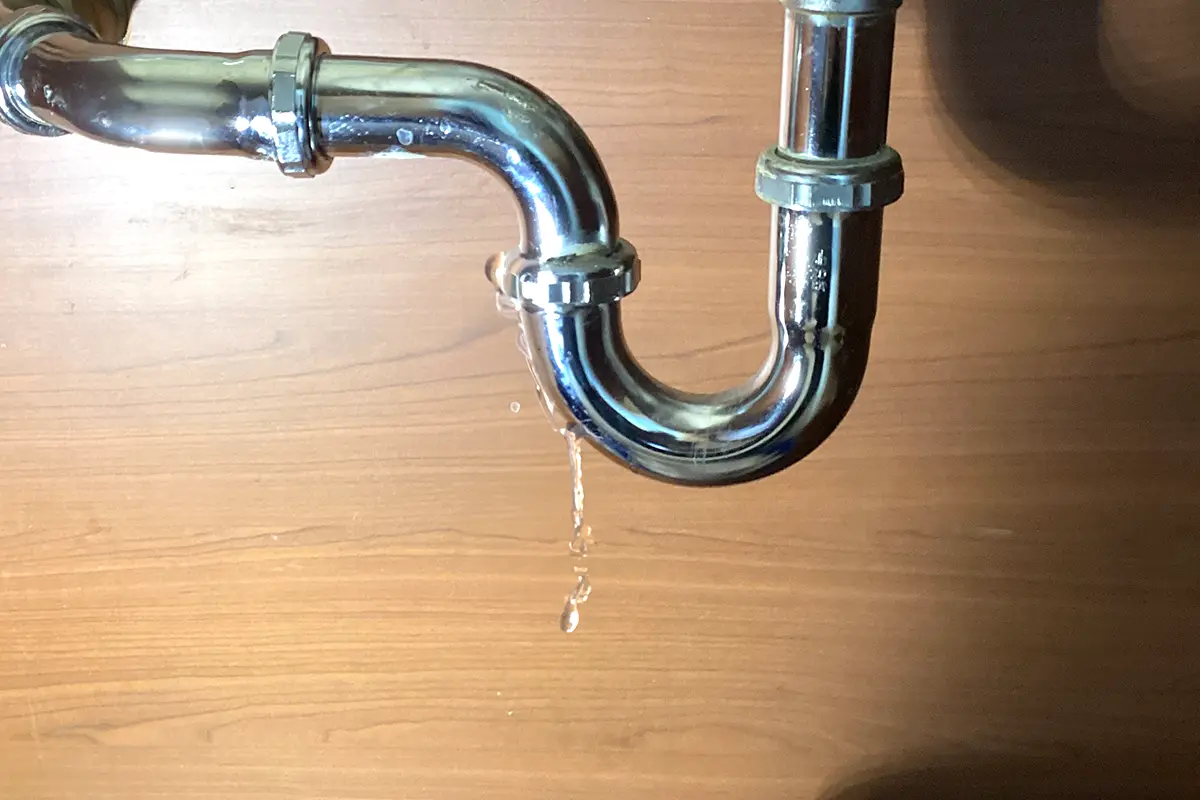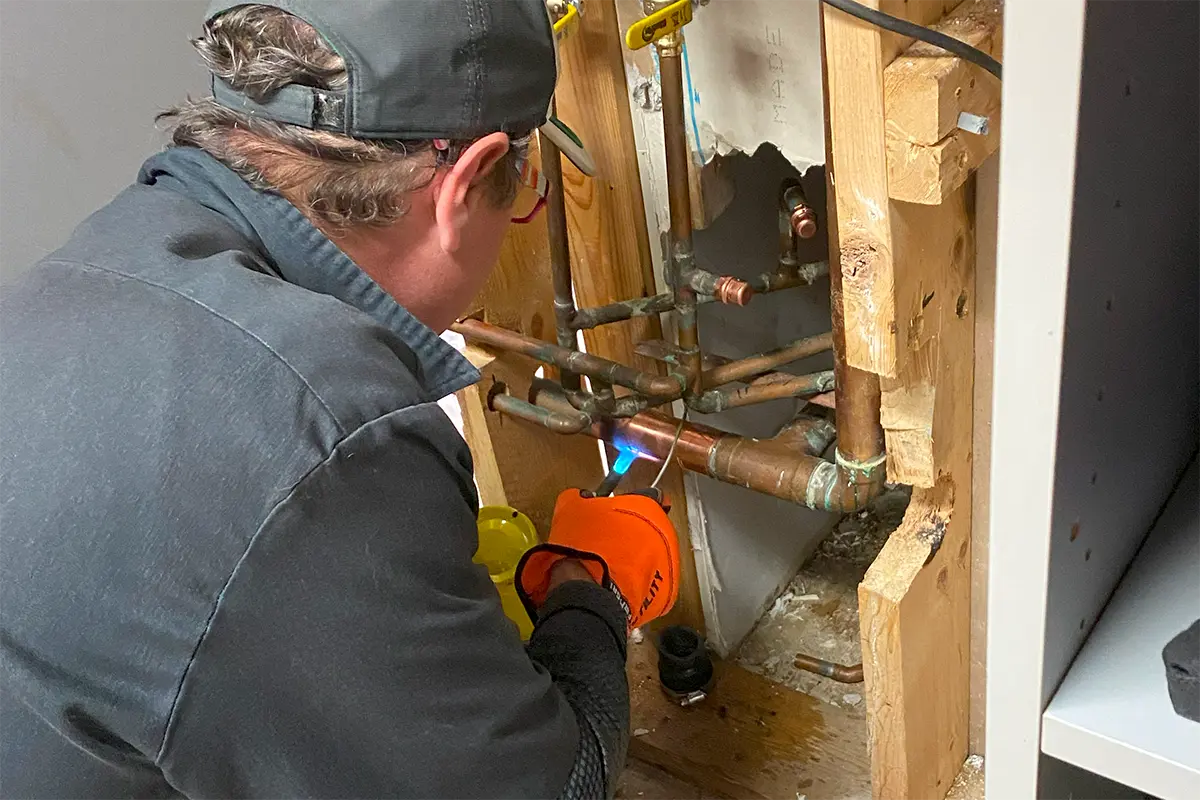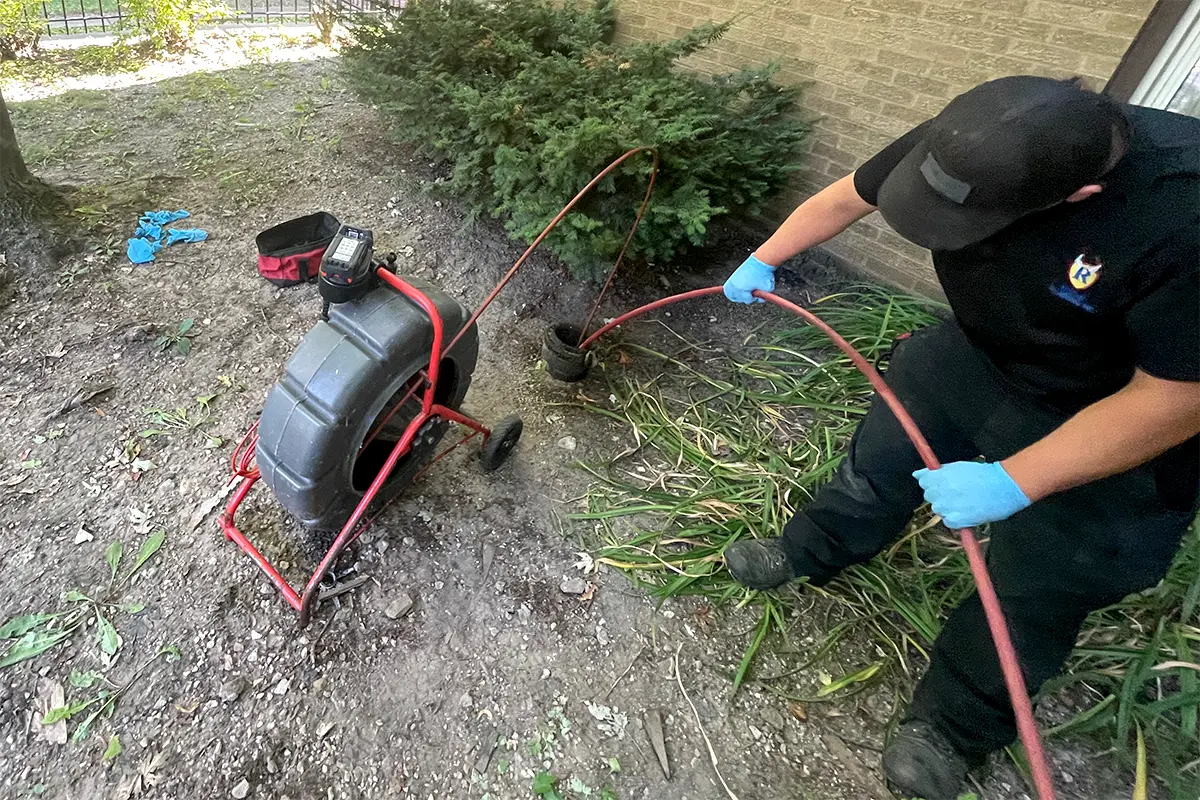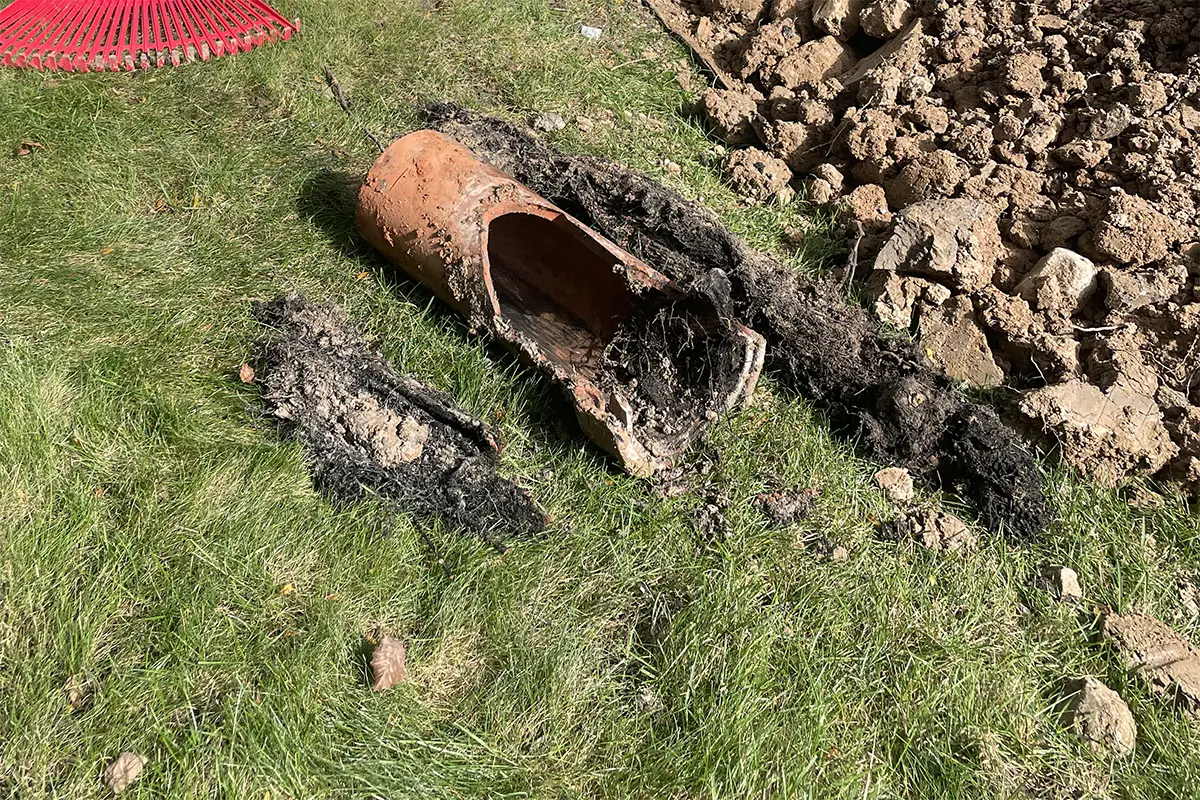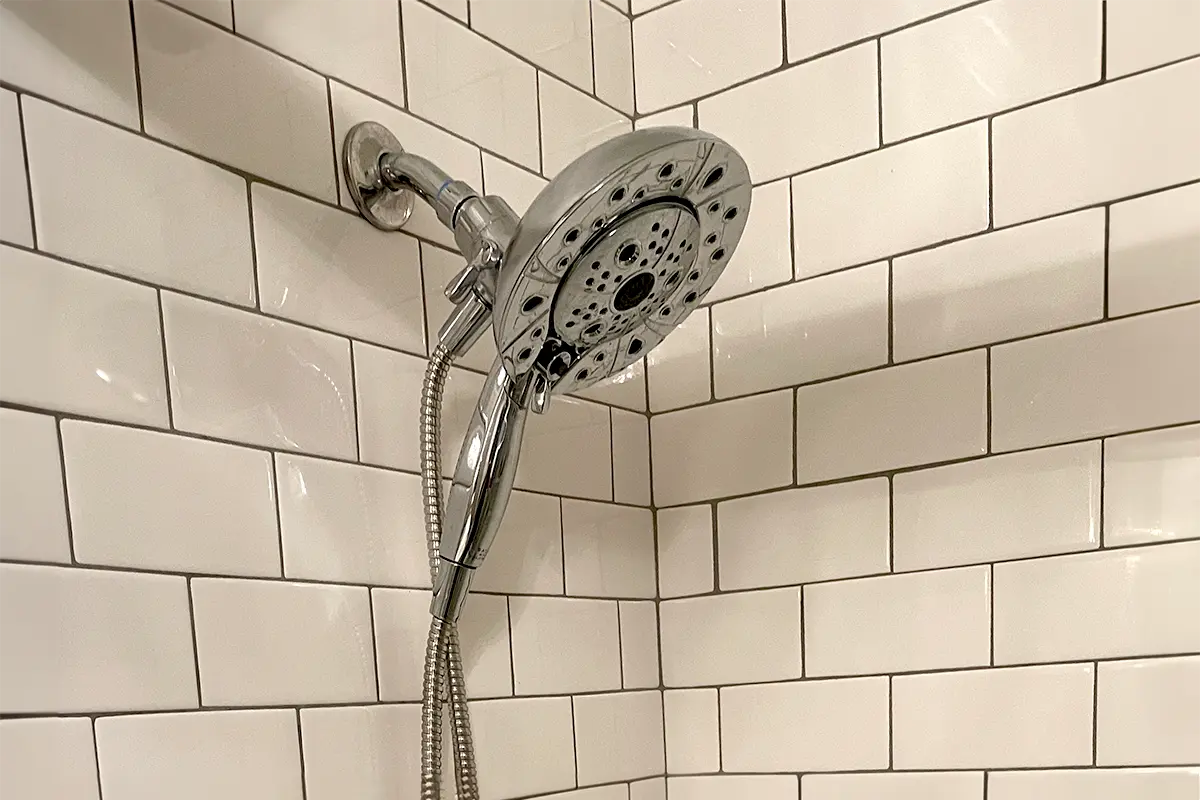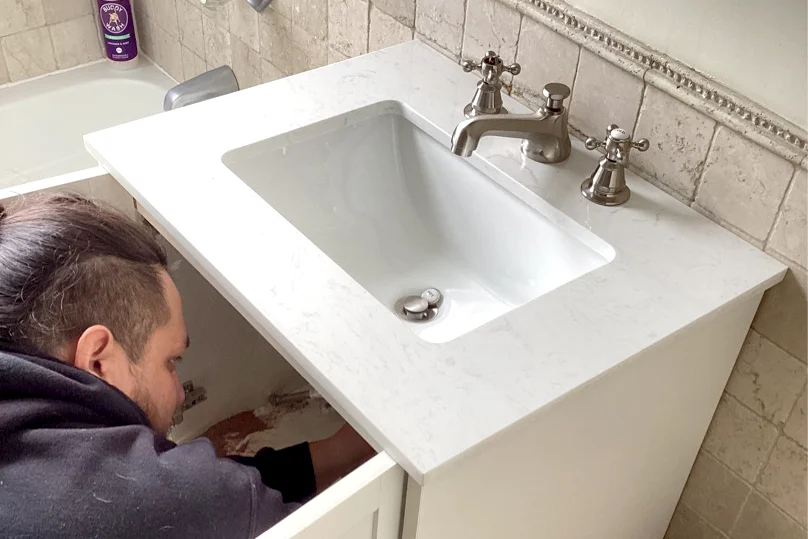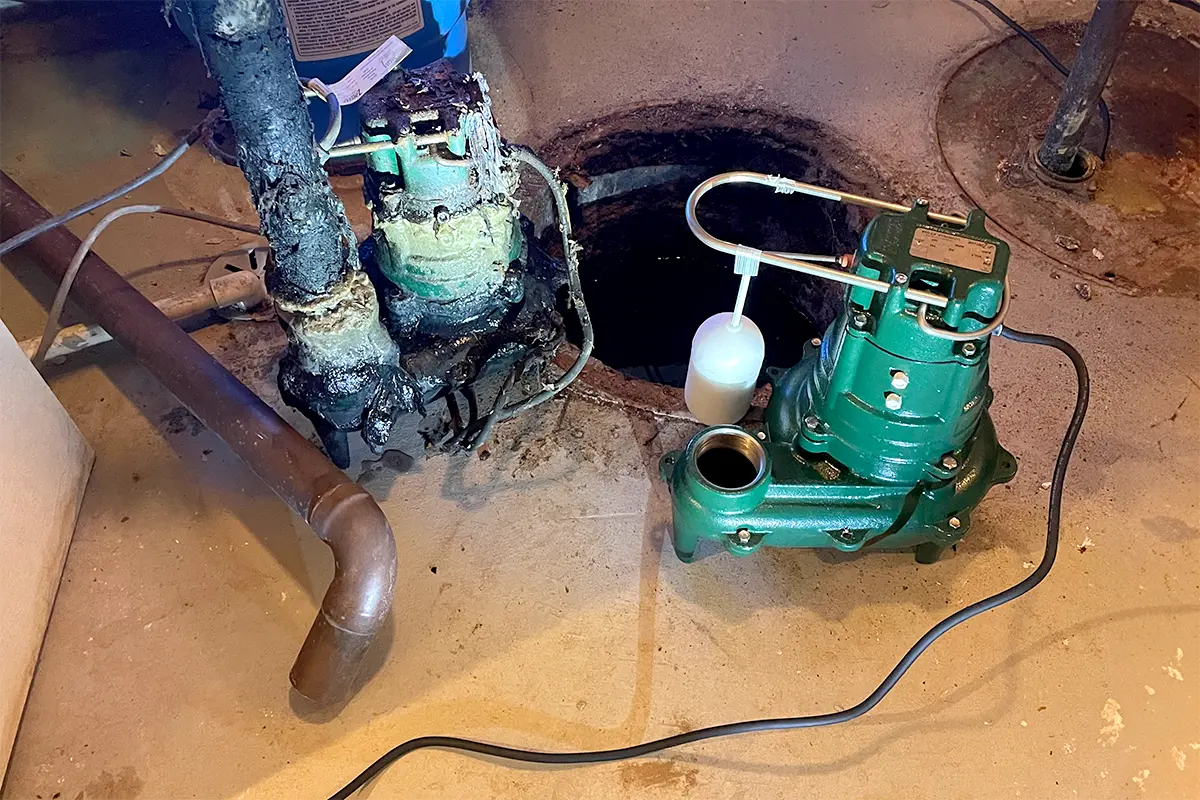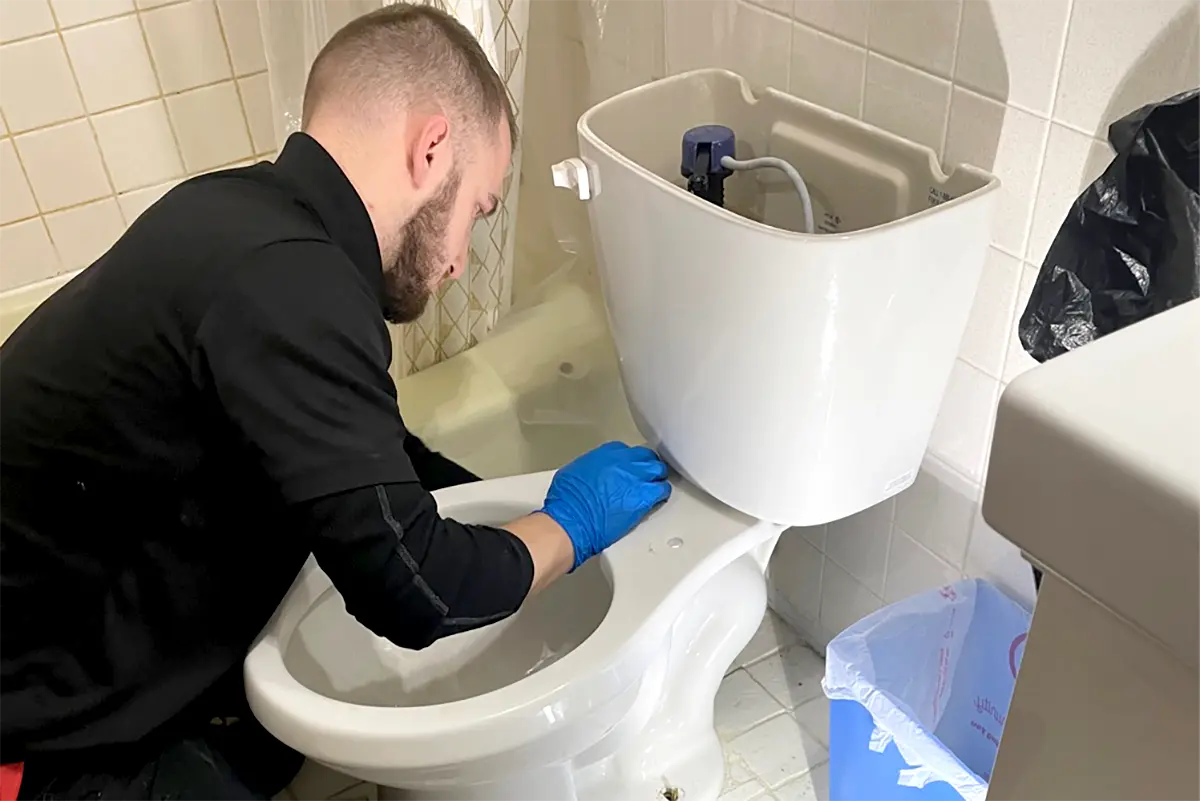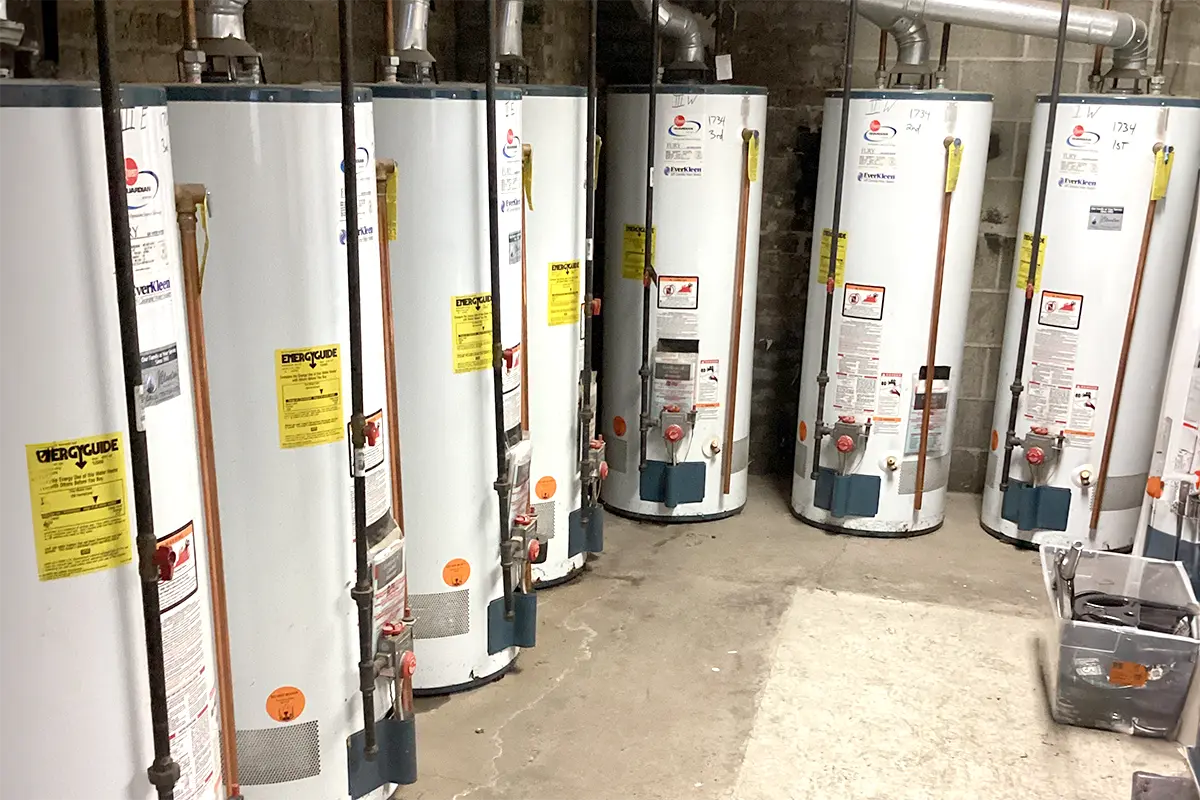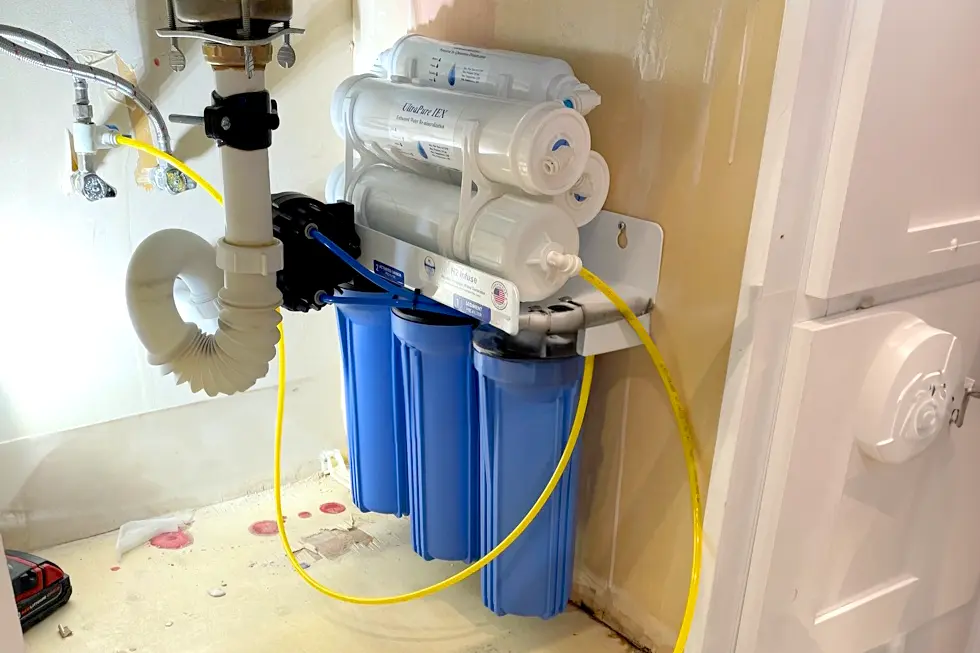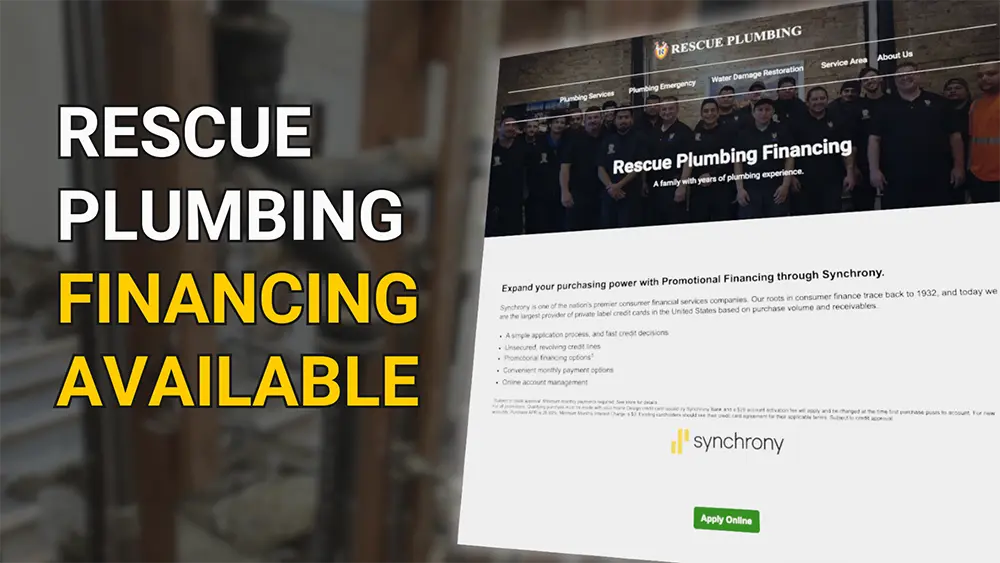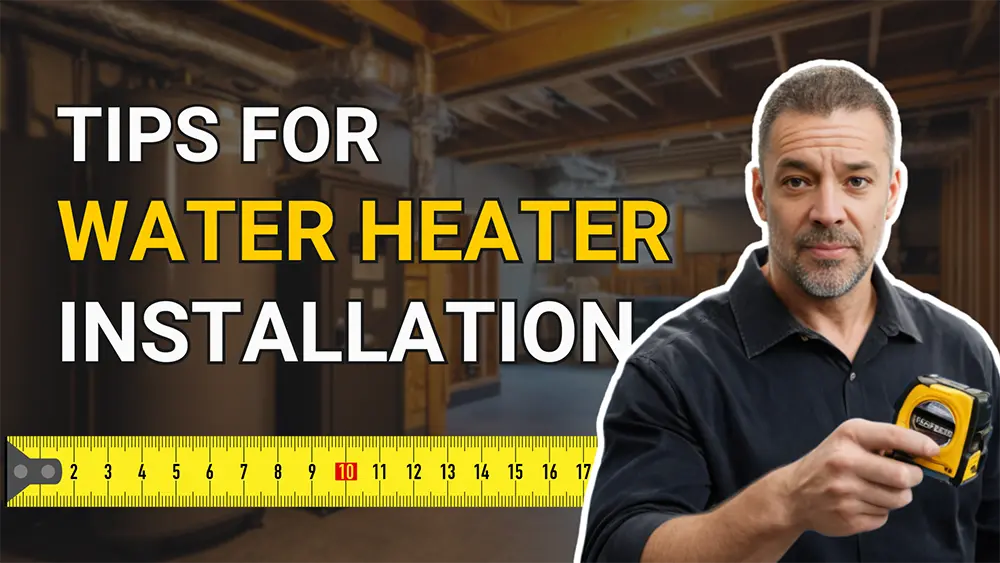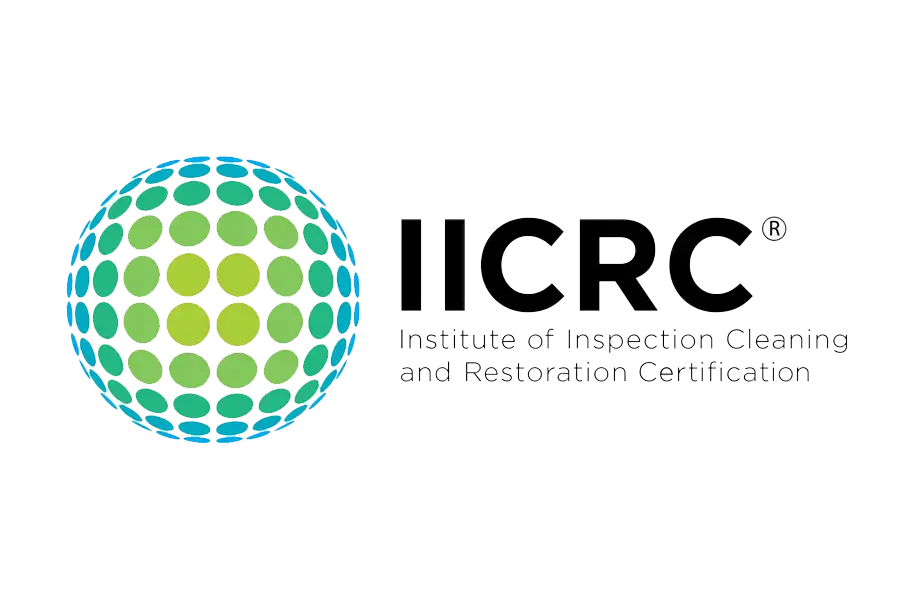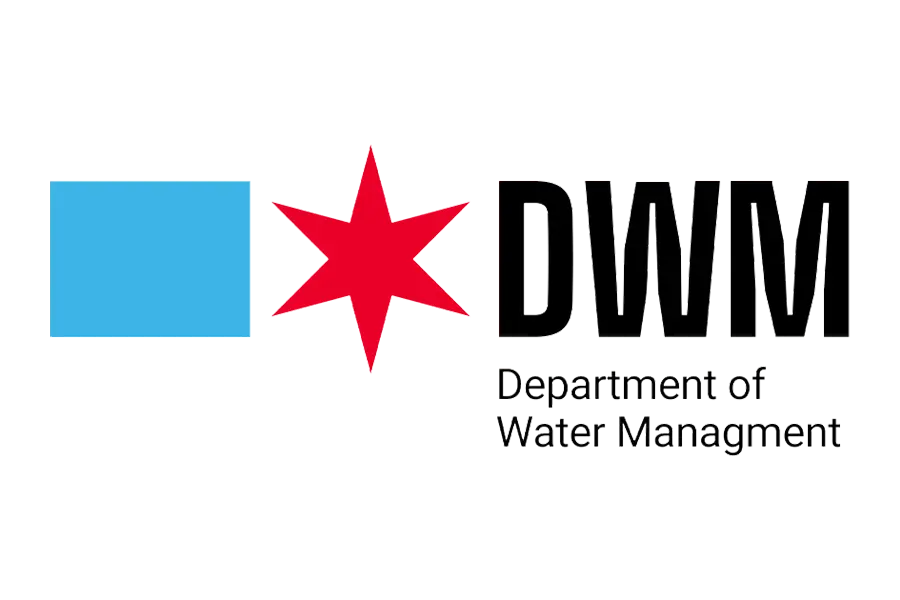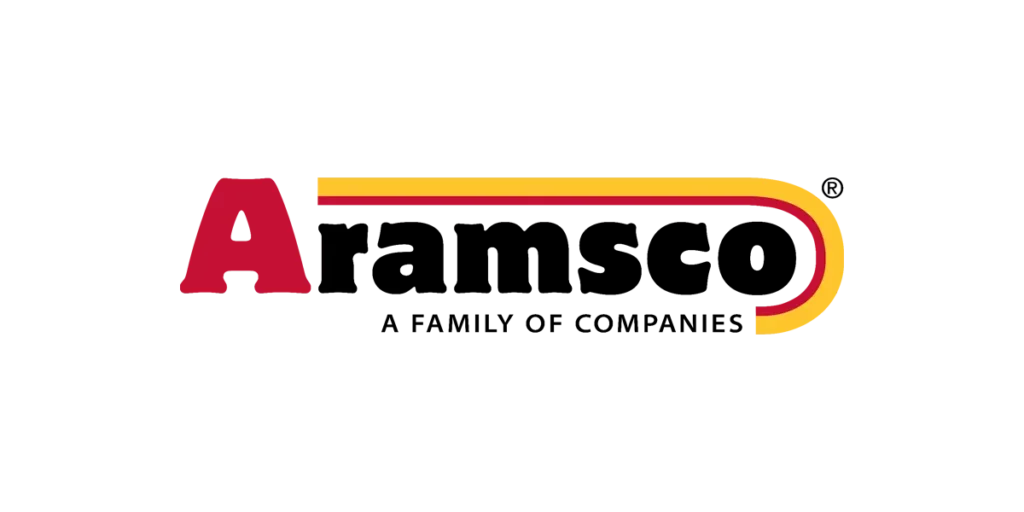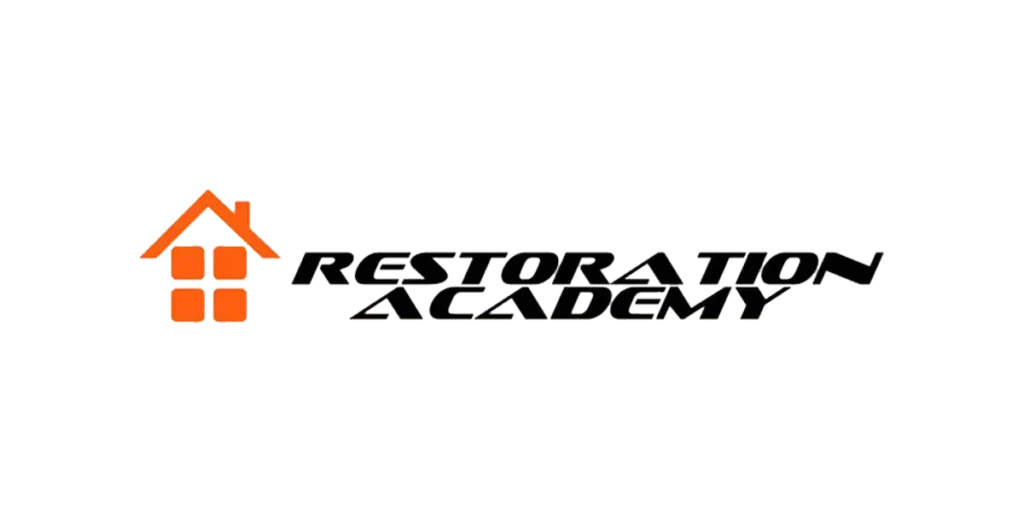Best Plumbers Serving Chicago & Surrounding Suburbs
Plumber Near Me | Chicago IL
Same-Day Emergency Plumbing Services




Plumbing Emergency in Chicago? We’re on the Rescue, 24/7
Rescue Plumbing: Your Trusted Chicago Emergency Plumber
When you’re searching for a reliable plumber near me in Chicago, you deserve a team that treats your home like their own. As the proud owner of Rescue Plumbing, I’ve built this company on a simple promise: to be the emergency plumber Chicago residents can count on, day or night. Over the past five years, our licensed plumbers have responded to thousands of calls across the Chicagoland area, from burst pipes to water heater repairs, and our team brings over 150 years of combined experience to every service call.
Whether you’re dealing with a clogged drain at 2 AM or need sewer line repair, our 24/7 emergency plumbing services ensure you’re never left waiting. Our fully licensed and insured team handles everything from routine drain cleaning to complex water heater installation. Our commitment to transparent pricing and quality workmanship has earned us over 1,300 five-star reviews from satisfied customers. The next time you need a trusted Chicago plumber, remember that Rescue Plumbing is just a phone call away, providing fast, reliable solutions for all your residential and commercial plumbing needs.
Residents Rescued Every Month
Neighborhoods We Proudly Serve
Top Ranked Plumbers
Years of combined experience
Emergency Plumbing Services Chicago – Fast, Licensed, Reliable
What’s Your Chicago Plumbing Emergency?
Our licensed emergency plumbers are equipped with professional-grade tools and ready to respond 24/7. From burst pipes to clogged drains, we handle any plumbing crisis with same-day service throughout the Chicago area.
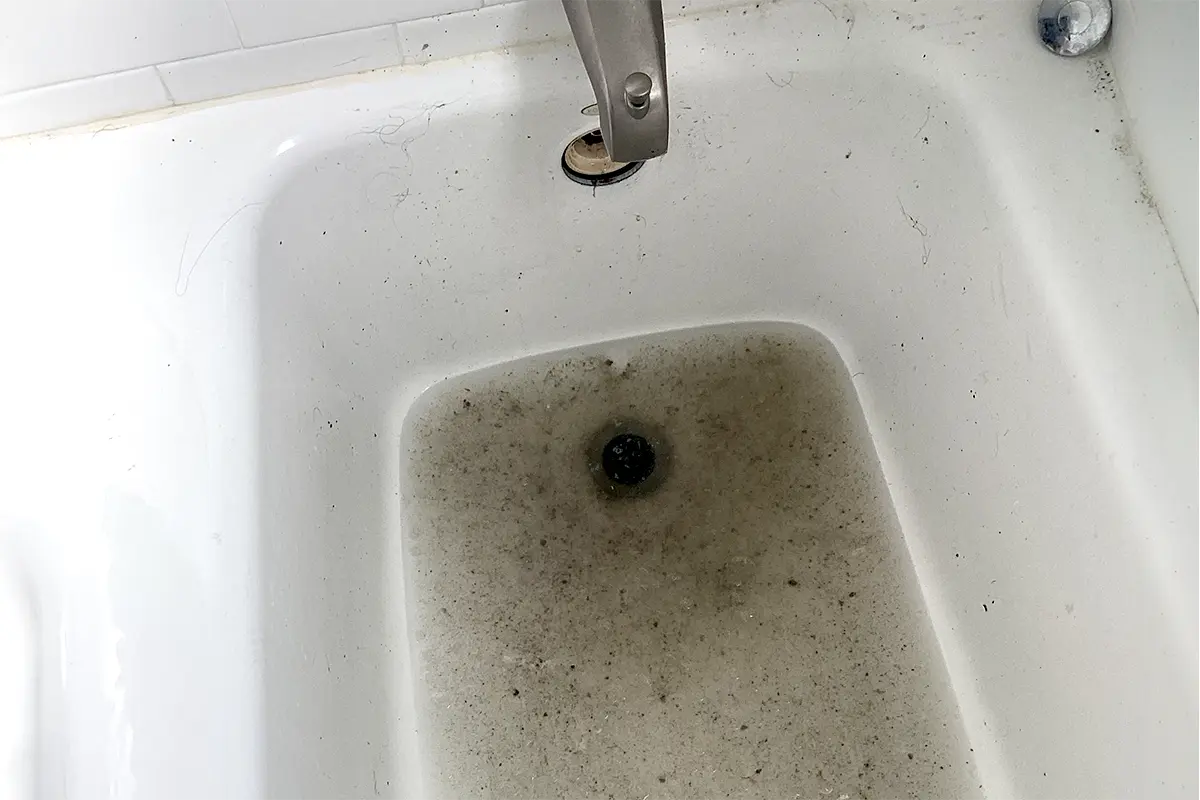
Drain Clog
If you have a clogged drain, Rescue Plumbing provides efficient drain cleaning services to keep your pipes clear and functioning optimally.
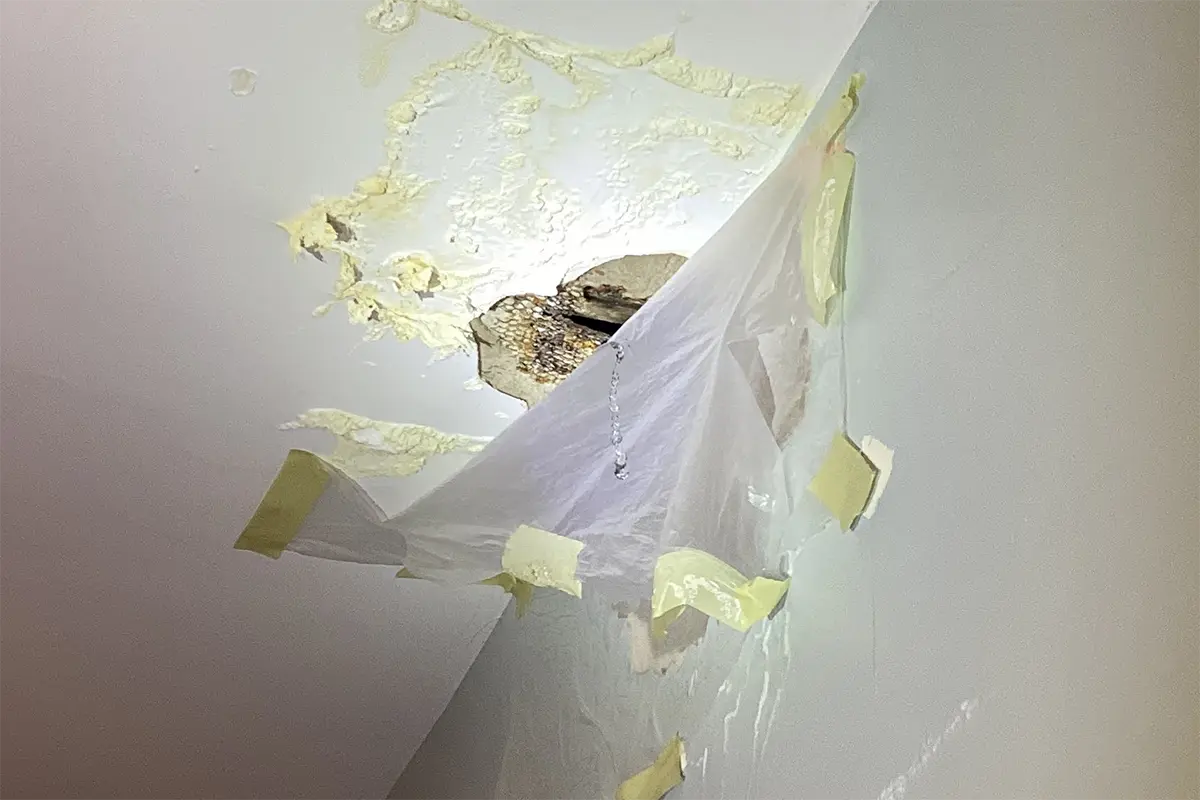
Water Leak
We specialize in water leak detection and prompt, effective repairs to prevent water damage and maintain your plumbing system’s integrity.
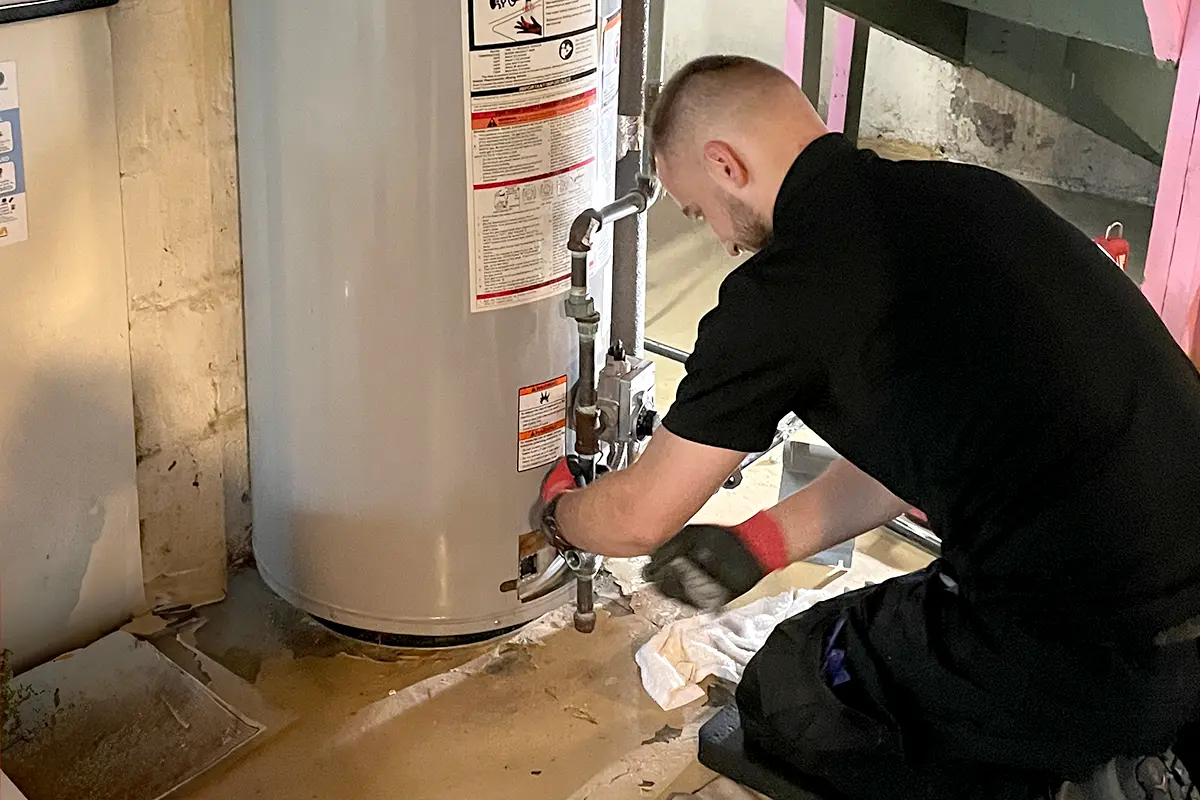
No Hot Water
Experiencing broken water heaters? Our skilled local plumbers are here to help! We offer effective solutions to restore your hot water supply.
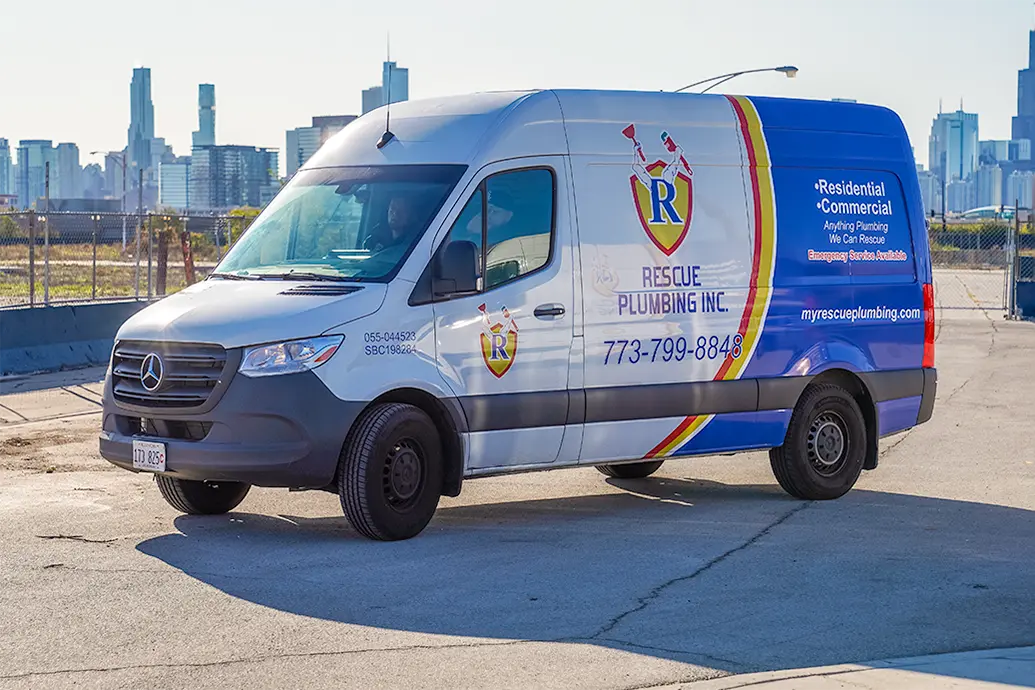
Free Estimate
Don’t wait for a minor issue to become a major problem. Schedule your free estimate and let us take care of your plumbing needs swiftly and efficiently.
24-Hour Emergency Plumbing Services
plumbing services
Rescue Plumbing Services: Where Quality Meets Reliability
Emergency Plumber Chicago – 24/7 Response
Rescue Plumbing Chicago
When plumbing emergencies strike, you need fast, reliable service. Our licensed Chicago plumbers respond quickly with same-day repairs, minimizing disruption to your home. We combine expert workmanship with transparent pricing and clean, professional service that gets your plumbing system back to perfect working order.
Emergency Plumbing Services
Our experienced plumbers are available 24/7 to handle any unexpected plumbing emergencies. From frozen pipes in the cold winter months to broken sump pumps or clogged drains causing burst sewer lines, we’ll promptly and efficiently resolve the issue.
24 Hour Plumbing Services
Any plumbing contractor at Rescue Plumbing is at your service 24/7, offering an immediate response to handle your emergency needs such as drain repair and plumbing installation services.
Residential Plumbing Services: Drain Cleaning
We offer comprehensive residential plumbing services to meet all your needs. Our services include drain cleaning to keep your pipes clear, water heater repair, and troubleshooting for leaky faucets. Count on us to keep your home’s plumbing systems running smoothly and efficiently.
Protect Your Home
At Rescue Plumbing, we offer a new plumbing installation designed to protect your home from potential water damage. When you need a “plumber near me” for installation services, we ensure the longevity of your property and peace of mind.
Commercial Plumbing Services
Rescue Plumbing is trusted by businesses and restaurants in Chicago for our expertise in maintaining and repairing commercial plumbing systems. We minimize downtime and promote a well-functioning environment for your staff and customers.
Safeguard Your Business
With our expertise in commercial plumbing, we protect your family-owned business or restaurant from complex plumbing issues, ensuring smooth operations.
Plumbing Repair Services
Our repair services, including garbage disposals and sump pump repairs, are essential for ensuring the smooth functioning of your home or business. These services help maintain the plumbing infrastructure, preventing disruptions, costly repairs, and damage caused by faulty disposals or malfunctioning sump pumps.
Quality Plumbing
When you search for a “plumber near me,” we pride ourselves on delivering high-quality plumbing services, characterized by exceptional professionalism and an unwavering commitment to customer satisfaction.
Plumbing and Sewer Services
Regular maintenance and timely leak repairs of plumbing and sewer systems, including sump pump services and water heaters, prevent damage and costly overruns. Keeping these systems in good condition ensures smooth operation and enhances the longevity and efficiency of your property’s infrastructure.
Reliable Plumbing
Delivering high-quality plumbing solutions is our primary objective at Rescue Plumbing as we utilize our expertise with state-of-the-art tools to ensure the smooth functioning of your plumbing systems.
Give Us a Call to Find All Your Plumbing Solutions
Our team of highly skilled and licensed plumbers in Chicago, IL, are not only well-trained but are also equipped with top-of-the-line, professional-grade tools to efficiently handle any plumbing emergency. Whether it’s a leaky faucet, a malfunctioning water heater, or a sewer line problem, our team is fully prepared to tackle any challenge.
We Offer Free Estimates
Don’t let plumbing issues escalate; when you need a “plumber near me,” make sure to contact Rescue Plumbing today for a free estimate and fast, reliable plumbing services.
Nextdoor’s 2023 Neighborhood Fave!
Call now to schedule your rescue!

Areas We Service in the Greater Area Of Chicago:
Emergency Plumber Near Me
Your #1 Chicago Plumbing Company
Our highly-trained plumbers in Chicago are reliable and waiting to respond to any of your plumbing problems at your location. When you search for a “plumber near me,” we have rescued our customers from flooded basements, clogged bathroom drains, leaky pipes, sudden damage to water heaters, and other situations requiring emergency repairs.
We are always happy to help with a wide range of plumbing services for both residential and commercial clients and love being in the area.. After completing a tough plumbing repair, we love visiting Chicago’s staple restaurants and attractions such as Alinea, Gibson’s Bar & Steakhouse, Boka, and The Art Institute of Chicago.
Rescue Plumbing rescues you with these services:
Commercial plumbing, dishwasher installation, drain cleaning, emergency plumber, faucet repair, garbage disposal repair, leak repair, pipe repair, sewer camera inspection, sewer line repair, shower repair, sink repair, sump pump repair, toilet repair, water heater repair, water purification, water damage restoration, 24-hour plumbing services and more. Our team of licensed plumbers is ready to rescue you from any plumbing emergency with same-day service and free estimates.
Plumbing Videos
Follow us on YouTube!
@RescuePlumbing
Our Experience
Licenses & Credentials
Years of Combined Experience
With over 150 years of combined experience, our team at Rescue Plumbing stands as a testament to expertise and dedication. Every plumber on our staff is not only highly trained but also deeply experienced, bringing a minimum of 10 years of hands-on, practical knowledge to every service call. This wealth of individual experience culminates in a powerful collective resource. It means that no matter how unique or complex your plumbing issue may be, it’s a challenge our team has likely encountered and successfully resolved before. This vast pool of knowledge allows for quicker diagnostics, more effective solutions, and the professional assurance that your plumbing system is in the most capable hands.

Fully Licensed Plumbers
At Rescue Plumbing, we guarantee that every technician sent to your home is a fully licensed plumber. This commitment is your assurance of professionalism and expertise. A license signifies that our plumbers have met rigorous state and local requirements, passed comprehensive exams, and possess an in-depth understanding of current plumbing codes and safety standards. This ensures that every job, from a simple leak to a major installation, is completed correctly and safely.
In addition to being fully licensed, our technicians have years of hands-on experience, preparing them for any challenge. We understand that plumbing emergencies don’t adhere to a 9-to-5 schedule, which is why we are ready to provide expert 24/7 plumbing service whenever you may need it. For the peace of mind that comes with hiring a true professional and the best 24-hour plumber in your local area, call Rescue Plumbing.
Customer Inquiries
Frequently Asked Questions
You have questions, The Rescue Team has answers!
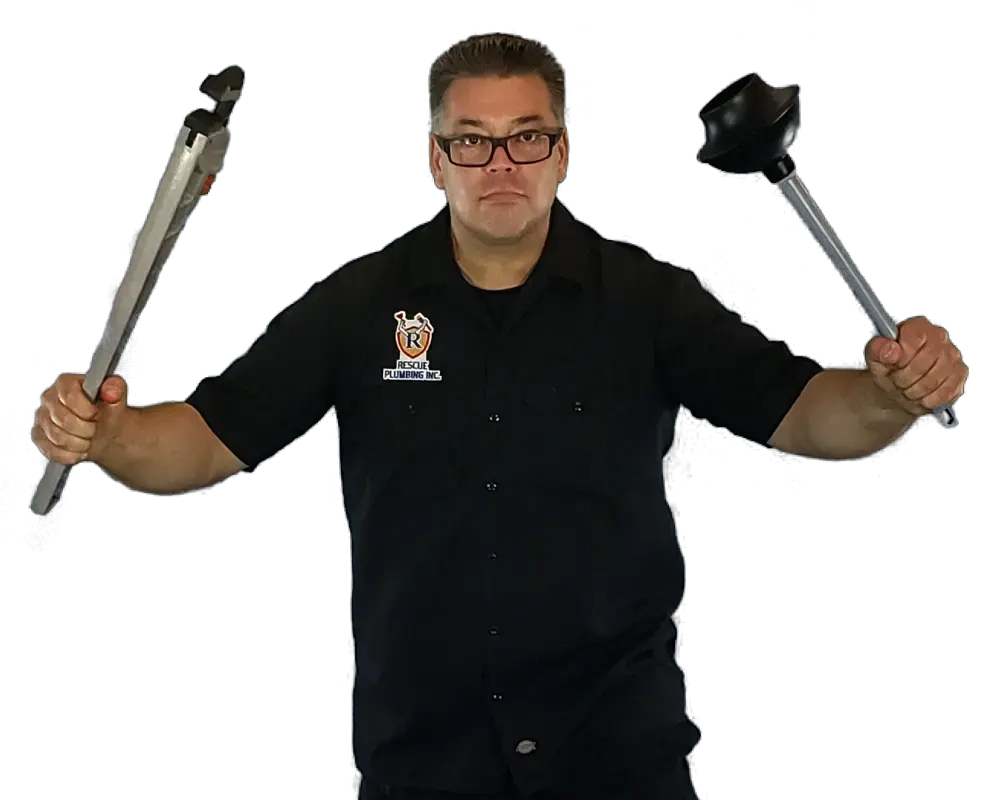
Real Work. Verified Reviews. Real Ratings.
Industry Partners
Our Partners
We partner with local Chicago businesses to provide the best possible services to our customers.
Contact Us for Plumber Near Me
Schedule Your Plumbing Service Today!
Make plumbing problems a thing of the past.

Emergency Services

Proudly serving Chicago and the surrounding suburbs.
Copyright © 2018-2024 Rescue Plumbing Inc.
Privacy Policy | Terms of Service | Disclaimer
Design By: Rescue Marketing


